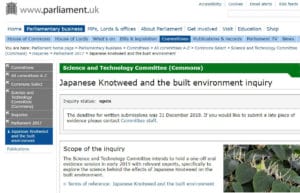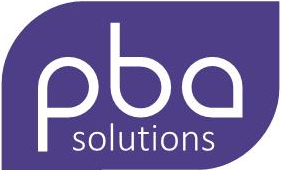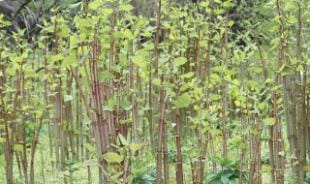A Reality Check – Japanese knotweed infestations
Examining the question – Is the current reputation of Japanese knotweed a fair one?
There is a lot happening in the world of Japanese knotweed. Different voices are publicly proclaiming their points of view, but often missing the big picture.

In January 2019 the Government launched an inquiry to look at what is seen as a scourge of the property market – Japanese knotweed. The Science and Technology Committee held a one-off oral evidence session with relevant experts, specifically to explore the science behind the effects of Japanese Knotweed on the built environment.
The aim of the session was to find a balanced and reasoned perspective regarding the harm caused by Japanese knotweed to buildings and its implications to the property owners.
Research has identified that just like many other plants Japanese knotweed will take advantages of the weaknesses of buildings and hard surfaces. The difference lies in that while other plants are easily remedied, Japanese knotweed is not.
In the domestic property market RICS surveyors evaluate the value of a property based on the surrounding values. They compare one property with a similar property and then evaluate the plusses and minuses. Japanese knotweed is a minus.
In former times the companies who treat and manage Japanese knotweed on behalf of their clients turned to two key documents. One was published by the Environment Agency and this has been withdrawn and replaced by a superficial guidance page. The other is the RICS document Japanese Knotweed and residential property 1st edition 2012, so heavily relied upon in the property purchase process but is now out of date with current knowledge. So what is the best way forward?
To find out more and see the bigger picture you can read the full article here.
If the above issues affect you we can be contacted on 01202 816134 or email us at info@pba-solutions.com
Fiona Aucott




